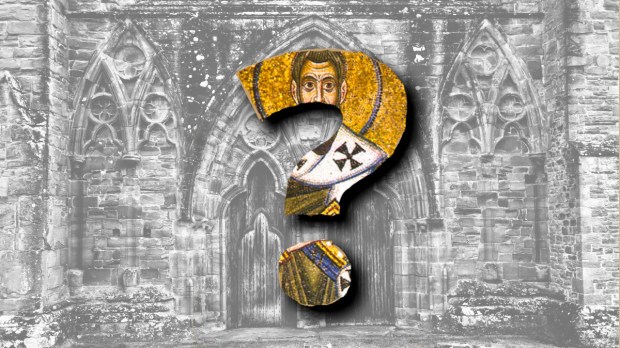The word cenobite is commonly associated with both religious and philosophical contexts. The word itself is composed of two other Greek words: koinos and bios. Whereas bios is easily translated (the word straightforwardly means life), koinos might be a bit more challenging. Oftentimes translated as “common” or even “ordinary” koinos also implies something is being shared. In that sense, a cenobite is someone who shares his or her life with a community; someone willing to have a life in common with other people. In short, coenobitism refers to a communal way of living, often within a religious or monastic framework, where individuals come together to lead a shared life.
Whereas it is true that the concept of coenobitism can be applied broadly to any collective endeavor or communal lifestyle (take, for example, contemporary co-housing projects), the most notable and enduring cenobitic tradition is found within Christianity, particularly, in the monastic movements of the Eastern Orthodox and Western Catholic Churches.
Throughout history, as individuals follow their callings into monasteries or convents, they adhere to a set of rules and engage in communal worship, prayer, and work, thus preserving, transmitting, and renovating these ancient traditions. The Rule of St. Benedict, written by St. Benedict of Nursia in the 6th century, is one of the foundational texts for Western Christian coenobitism, emphasizing stability and conversion of life.
Cenobite communities offer several advantages, including spiritual guidance, mutual support, and the opportunity to cultivate a life of holiness through communal living. They also place a strong emphasis on freedom from unnecessary desires and material possessions, thus promoting a life of simplicity and humility.
As a lifestyle, coenobitism is not without challenges, as it requires individuals to adapt to a shared routine and adhere to communal rules. Indeed, it is often the case that, while reading the biographical accounts of famous nuns and friars who led coenobitical lives, one finds clear tensions between individual initiative and collective tasks, rules, traditions, and habits. These tensions, in turn, have oftentimes raised questions about the right balance between personal freedom and the benefits of a communal life – a balance that monastic Rules highlight, care for, and foster. In that sense, coenobitism continues to be a compelling subject of exploration and discussion, reflecting the human pursuit of meaning, connection, and purpose in shared experiences. Indeed, the rewards found in cenobitic often include a deep sense of purpose, spiritual growth, and a supportive network of like-minded individuals.



